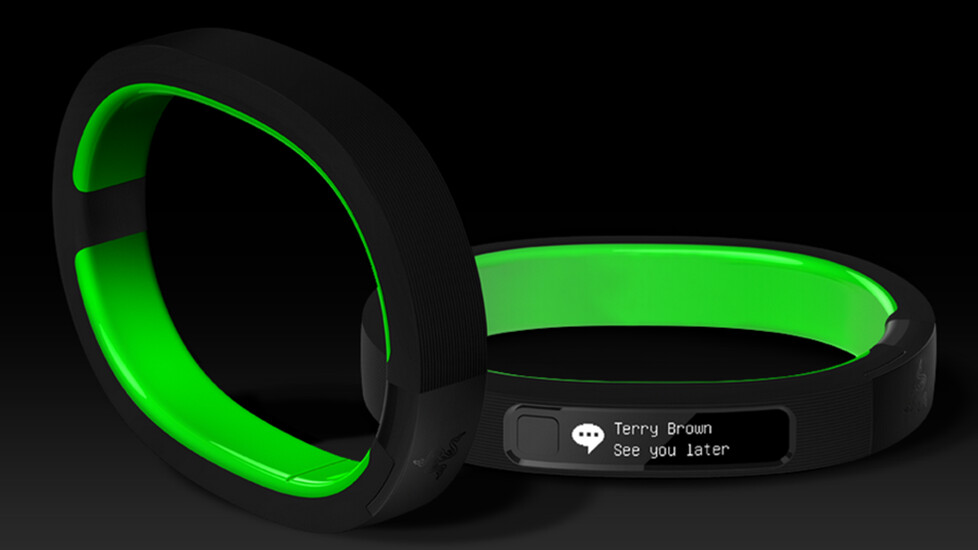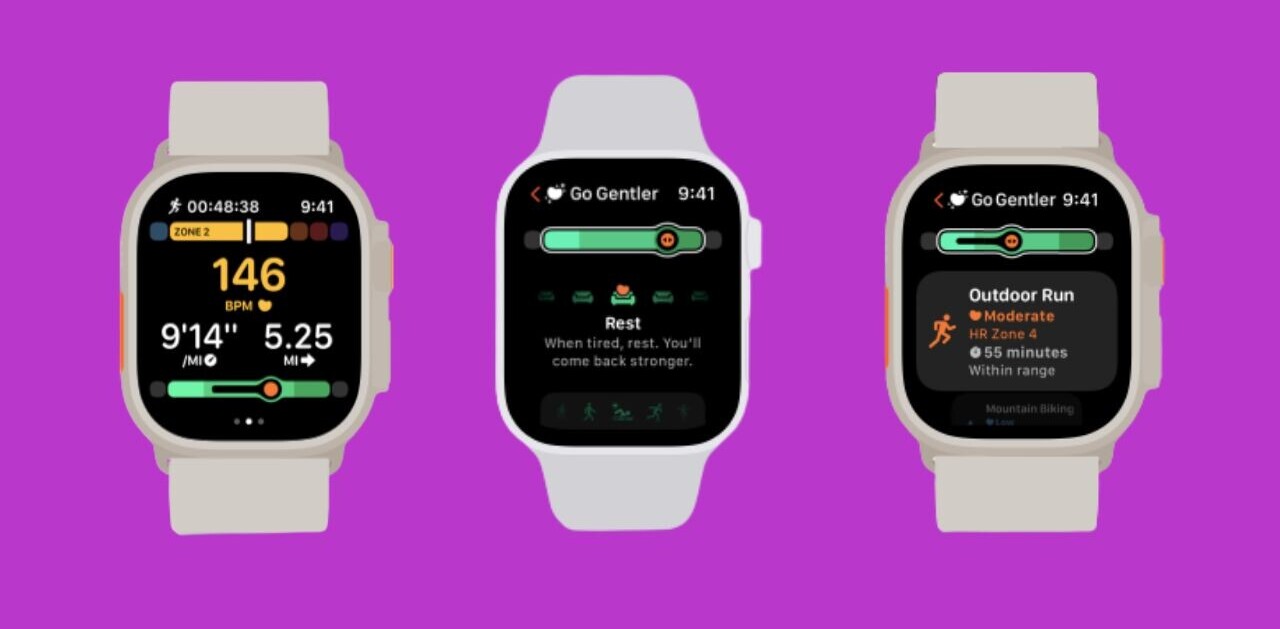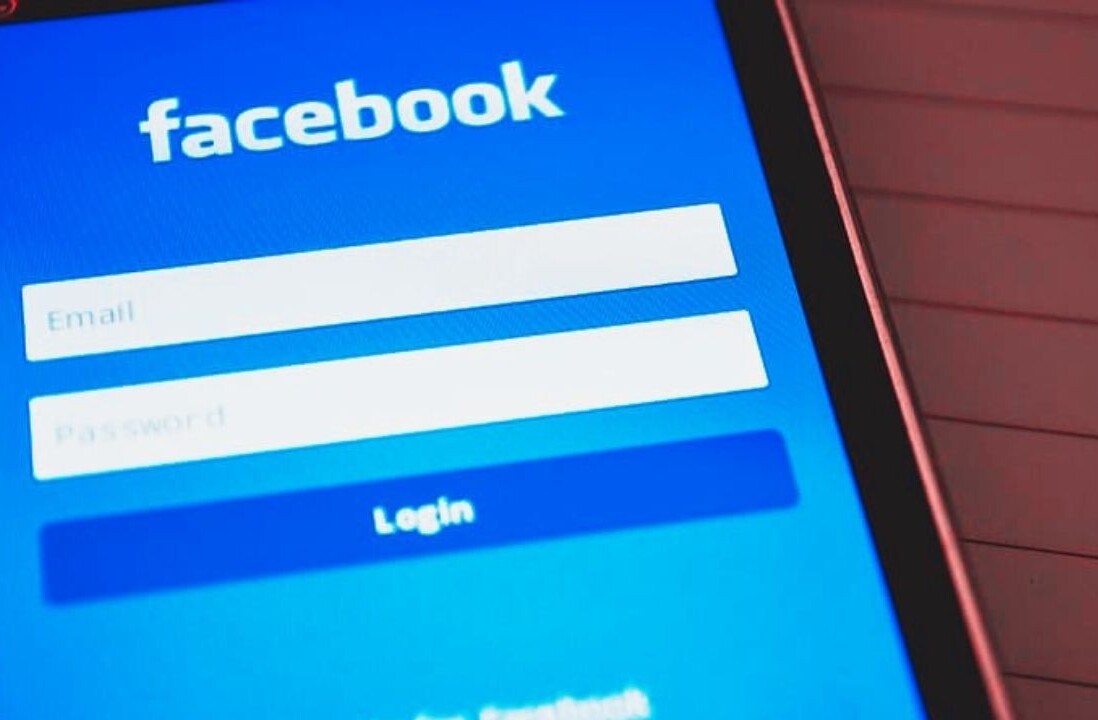
This week is turning into a notable one for wearable devices thanks to a couple of announcements out of Asia. First, Xiaomi announced plans for a device that will retail for just $13, a truly new low pricepoint for the genre, and now Razer is revealing that its upcoming new product will integrate messaging app WeChat.
The Nabu smartband borrows some functionality from a smartwatch, alongside the standard fitness and health tracking capabilities that we expect. But integrating WeChat is a very interesting move, particularly in China where the service is ubiquitously used and is even becoming a platform for developers who seek to super-charge their apps.
Razer tells Re/Code that Nabu will debut in China before the end of the year, but will make it over to the US — and, we presume, other international markets — within the next couple of months. It’s set to retail for less than $100.
The WeChat integration is something that stands out, and the company says it is exploring unique features like exchanging contact details via a high-five or handshake. They would rely on people owning a Nabu and using WeChat, of course, but it will also feature more standard stuff like on-device notifications and sharing of information via WeChat.
Nabu includes its own open platform which means that other services and apps could integrate with it too, as Tencent has done with WeChat.
The tech community is very much polarized on smartwatches. Even at TNW, some of our reporters believe the hype but others are more skeptical. With watch size, battery issues and screen real estate key concerns, I can’t help thinking that Razer is on to something here with Nabu — wearable devices skirt some of these problems and have already gained a good level of mainstream adoption.
Get the TNW newsletter
Get the most important tech news in your inbox each week.





